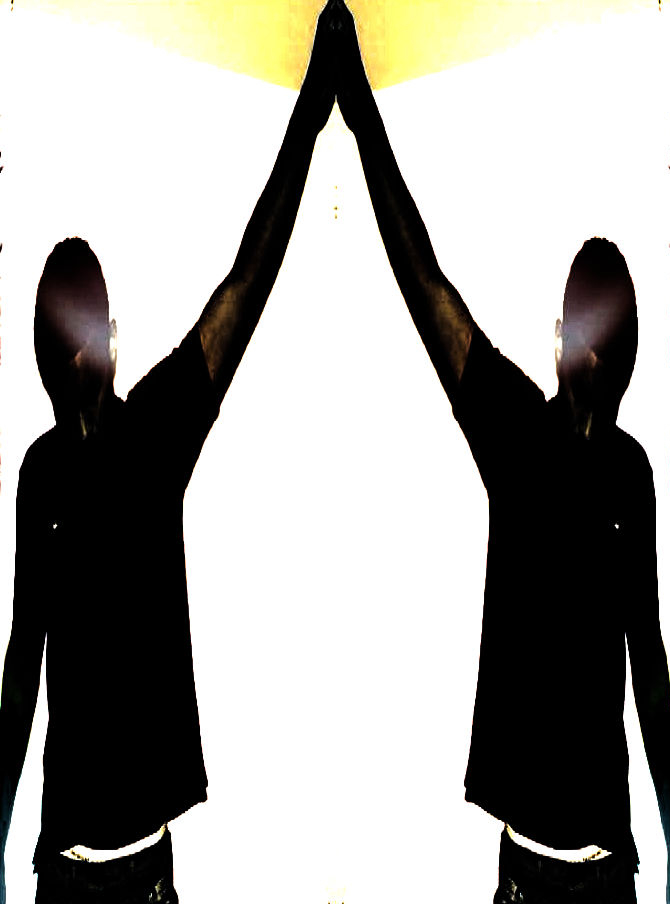15 March 2015
Stereotype Threat
Stereotype threat is a social phenomenon, coined by Professor Claude Steele of the University of Berkeley, wherein individuals will underperform based on negative situational stereotypes about a social identity, with which they closely identify. Social identity can include anything from race to gender to sexual orientation to social status and everything in between. A key characteristic of stereotype threat is not that individuals are any less capable than anyone else, but that the pressure they feel as a result of a negative stereotype surrounding their identity prevents them from performing to the best of their abilities. In particular, the more important a social identity is to a person and the more important success is to that person, the greater the effects of stereotype threat can be.
In an experiment conducted by Professor Steele, men and women were given a standardized math exam and asked to complete it in a room by themselves. At the time of the experiment, a common stereotype was that women were weaker performers in the fields of mathematics and science than men. The result of the experiment confirmed the stereotype as men far outperformed the women. However, when the experiment was repeated and participants were given a cue that women and men actually usually scored about the same on the test they were about to take, women's scores increased and the disparity disappeared.
Steele argues that in the first instance, the pressure felt by female participants as a result of the negative stereotype prevented them from performing up to their actual ability. In the second test, when they were given a positive social cue, that pressure was alleviated and the difference disappeared. A similar experiment was performed with African-American and Caucasian participants with similar results.
I find the topic of stereotype threat quite interesting and believe it to be a real phenomenon in our society. For me personally though, its applications are a bit unique, particularly as it relates to DBC. For the most part, I've never really felt like I adhered to any group identity. I've had a distinct upbringing growing up on Curacao, a tiny Caribbean island. My family was the only Sri Lankan family on the island, so I never grew up feeling any ethnic or national identity. Furthermore, the general population in Curacao is just a mix of people from all over. Things like racial lines are quite blurred and everyone is just sort of a blend of many different things. Moreover, as a straight male, I’ve been fortunate to have never felt marginalized by my sexual orientation or gender. As a result, I grew up identifying most with not belonging to any group at all. To this day, I like that feeling. And if I had to identify with any identity at all it would ironically be that; people who don't feel bound to a group identity.
As it relates to DBC, this identity of mine definitely does cause me to feel pressure. Our cohorts are meant to foster a sense of community. But for me it also makes me feel boxed into a group identity that still feels uncomfortable. I truly admire and appreciate every one of the people that compose my cohort as individuals, and I look forward to meeting them and building personal, one-on-one relationships, but I still feel a desire to resist the group identity that the cohort creates. As a result, I prefer to stay in the periphery of things; half in and half out and never fully immersed in the activities of the group. Certainly, I wonder how this reflects on me within the group, and I would expect it to create a negative stereotype about me as well, but it's what feels comfortable, more so than if I embraced this new group identity fully.
As I approach my on-site date in San Francisco, I'm still excited though. I'm excited to meet everyone and for them to meet me. I’m excited to build personal relationships with every single person and feel that we are a collection of similarly minded individuals with a common purpose and common interests. But just not a group ;)
| Prev | Next |

